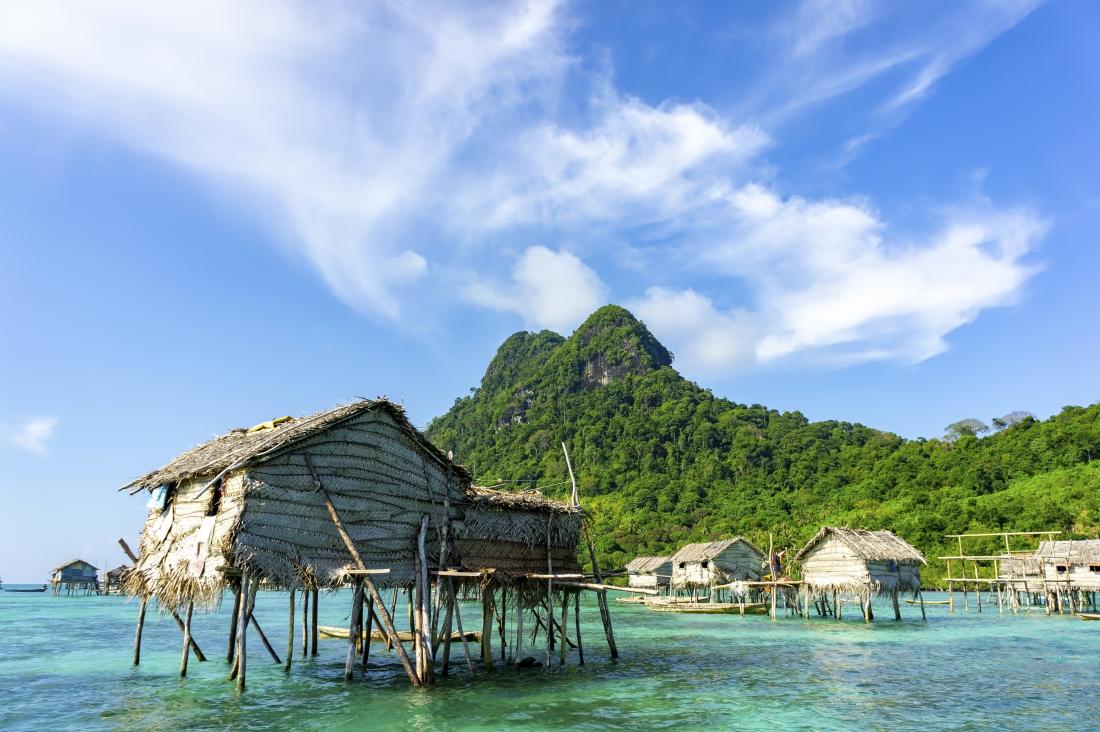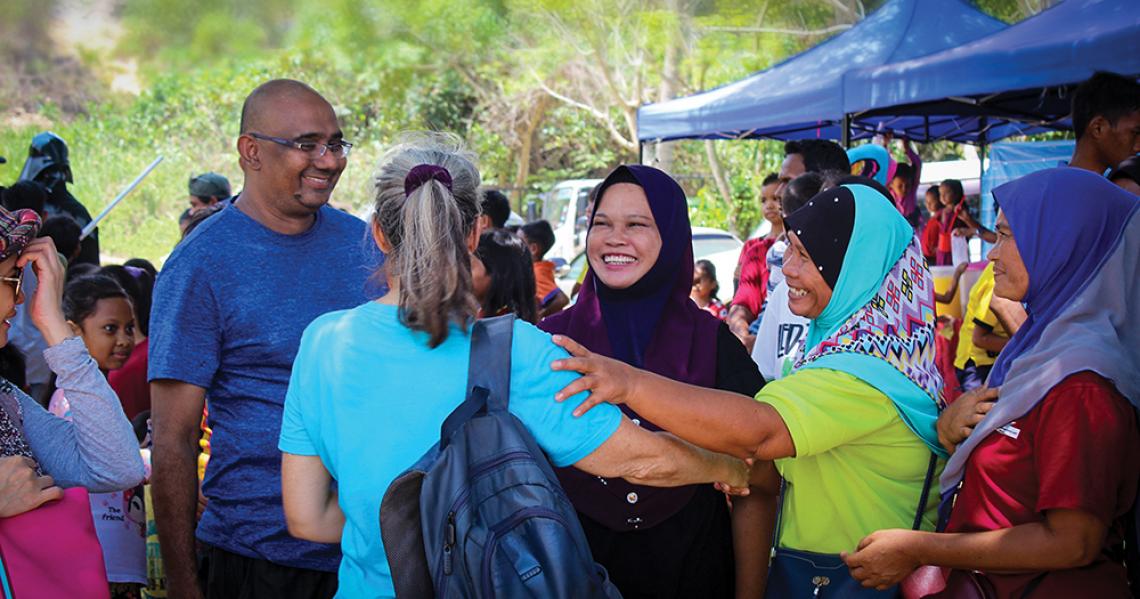The Bajau Laut, also known as sea gypsies, are stateless, effectively rendered as illegal immigrants in Malaysia despite many of these peoples living off or on Sabah’s coast.
Featured in Asia Research News 2020 Magazine
Malaysia is a relatively young country, established in 1963 by the states of Sabah, Malaya, Sarawak and Singapore (which later became independent). Issues of citizenship are still highly contentious, particularly in the state of Sabah, which has become home to a large number of legal and illegal immigrants.
Sanen Marshall and colleagues at Universiti Malaysia Sabah argue that the Government of Malaysia’s concept of citizenship is overly legalistic, perhaps to the detriment of the descendants of people who had very close ties to Sabah: the Bajau Laut.
“The Malaysian state continues to argue for the exclusive right to bestow the ‘privilege’ of citizenship, which it claims cannot be bestowed on the basis of human rights or humanitarian grounds,” says Marshall. “This situation now adversely impacts upon the right of the Bajau Laut as a de jure stateless community to claim citizenship in Malaysia.”
The Bajau Laut, also known as sea gypsies, are a community of seafaring peoples who have historically lived on boats that roamed freely between the waters off Sabah, which now belongs to Malaysia, and the Sulu Archipelago, which now belongs to the Philippines. They are stateless, effectively rendered as illegal immigrants in Malaysia despite many of these peoples living off or on Sabah’s coast.
The Bajau Laut belong to a larger ethno-linguistic community known as the Sama Bajau, which spans both the Philippines and Sabah. According to the 2005 census in Sabah, 350,000 Sama Bajau lived in the state at the time. But it is much more difficult to pin down the numbers of people belonging to the Bajau Laut subgroup.
Sanen Marshall (left) visits a Sama-Bajau water village in Sabah known as Kg. Numbak.
While some people express support for integrating the Bajau Laut into the community and granting them Malaysian citizenship, those opposed argue they could “collude” with the Philippines. Marshall argues this doesn’t make sense; the state has already granted citizenship to tens of thousands of largely Muslim immigrants from the southern Philippines. As of 2010, the state’s population rose 390% as a direct result of these and other immigrations. Citizenship has enabled these immigrants to cast their votes in fiercely contested Sabah state elections, where voting has, on key occasions, tended to be along religious lines. The main political fissure in these elections tends to be between indigenous Muslim and non-Muslim voters.
Did you know?
The Bajau Laut have lived almost entirely out at sea for centuries. Traditionally, they have been known as expert free divers, submerging deeply to hunt for pearls and sea cucumbers, an Asian delicacy that is also used in traditional Chinese medicine.
Marshall and his co-authors also argue that unofficial acts of citizenship sometimes speak louder than official documents. For example, in 2013, a 200-strong group of armed militants entered a remote village on the eastern coast of Sabah. They were descendants of the now defunct Sultanate of Sulu, which ruled a group of islands between Malaysia and the Philippines. The militants claimed their leader was heir to the Sulu throne. They were eventually quashed by the Malaysian Armed Forces, but the dispute over their historical right to Sabah as their home continues.
The Bajau Laut have an even more clearcut but peaceful claim. “At some point in the distant past, a group of nomadic sea gypsies elected to reside predominantly in the waters of Sabah. Was that not an act of citizenship?” Marshall asks. Marshall continues to focus on the rights of the Bajau Laut in Malaysia. He presented a paper on the subject at the 2019 International Conference on Bajau and Maritime Affairs in Southeast Asia. He has also begun an initiative that aims to revive the neglected art of mat weaving among displaced, urban-dwelling Bajau Laut.
Further information
Sanen Marshall | E-mail: [email protected]
Centre for the Promotion of Knowledge and Language Learning
Universiti Malaysia Sabah
Read this story in the Asia Research News 2020 magazine.
The many ways we can tell your research story. Find out more from our Content services page.




